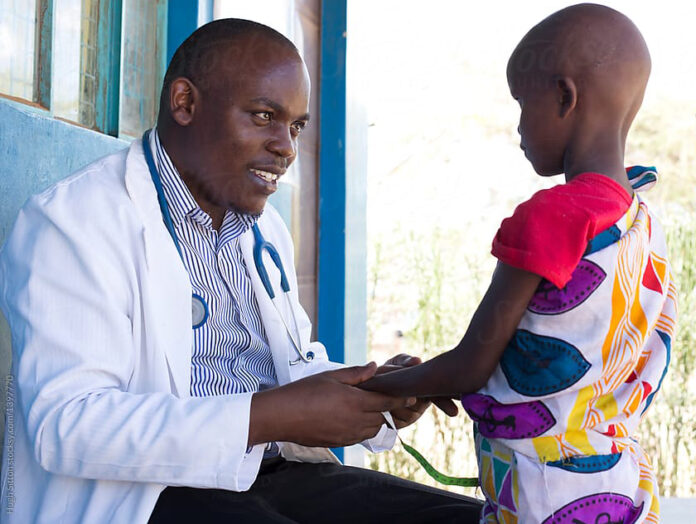The Botswana Doctors Union (BDU) has instructed its members to withdraw from emergency call duties nationwide.
In statement titled “Minimum service provision for emergency call across Botswana – Doctors Union position”, the union announced that as of April 7, 2025, its members will no longer perform emergency call services, citing government inaction and disregard for workers’ rights.
“It is with great regret that Botswana Doctors Union finds itself fighting for the rights of its members even under the new UDC government,” reads the statement.
The union noted that it had given the government a 72-hour ultimatum on April 3 to engage and resolve concerns related to emergency call responsibilities, warning that failure to do so would result in protective action. The government reportedly neither responded nor engaged the union, prompting the doctors to initiate service restrictions.
Under the new position, doctors will now only perform one 24-hour emergency call per month, and each facility will ensure minimum staff presence during such calls. Where there is no coverage, the union has placed the responsibility on the government to use public-private partnerships at its own discretion.
“No member doctor shall be allowed to do more work than stipulated. Doctors’ overtime will not be applied to cover emergency call needs,” the union stressed, adding that any resulting system issues are for the government to address.
BDU also issued a caution to fellow medical professionals in leadership roles, urging them not to harass doctors complying with the directive. “We expect that our members will not be harassed by other doctors in management across facilities.”
Of particular concern was the treatment of foreign doctors, whom the union claims are often overburdened and threatened with contract termination or non-renewal during such impasses. “The government tends to overuse foreign doctors, making them work above normal hours, putting their lives and those of patients at risk,” said the union.
The BDU has called on foreign embassies—especially those of the Democratic Republic of Congo, Zambia, and Zimbabwe—to ensure the protection of their nationals working in Botswana’s public health system.
The Ministry of Health had yet to issue a response at the time of publishing.
The union’s move is likely to place additional strain on an already stretched public healthcare system, and concerns are mounting over how this will affect emergency services in rural and urban centers alike.



